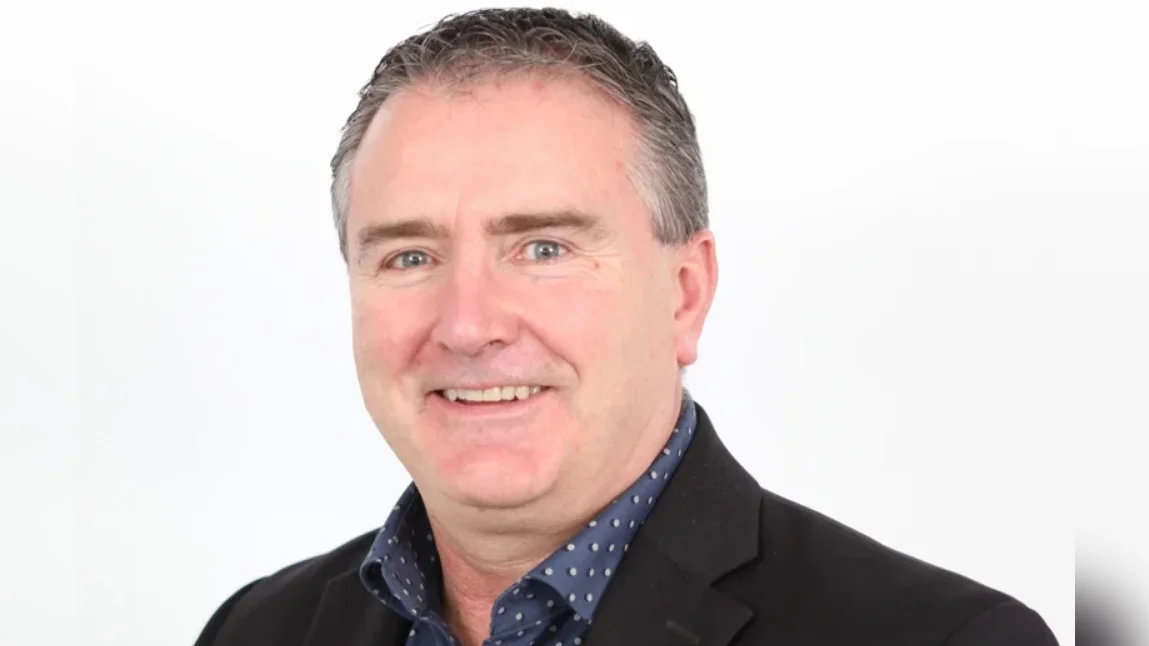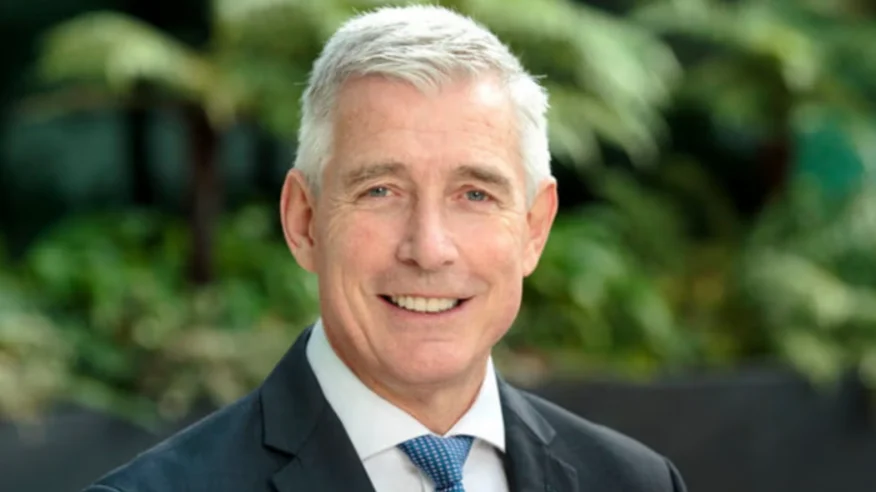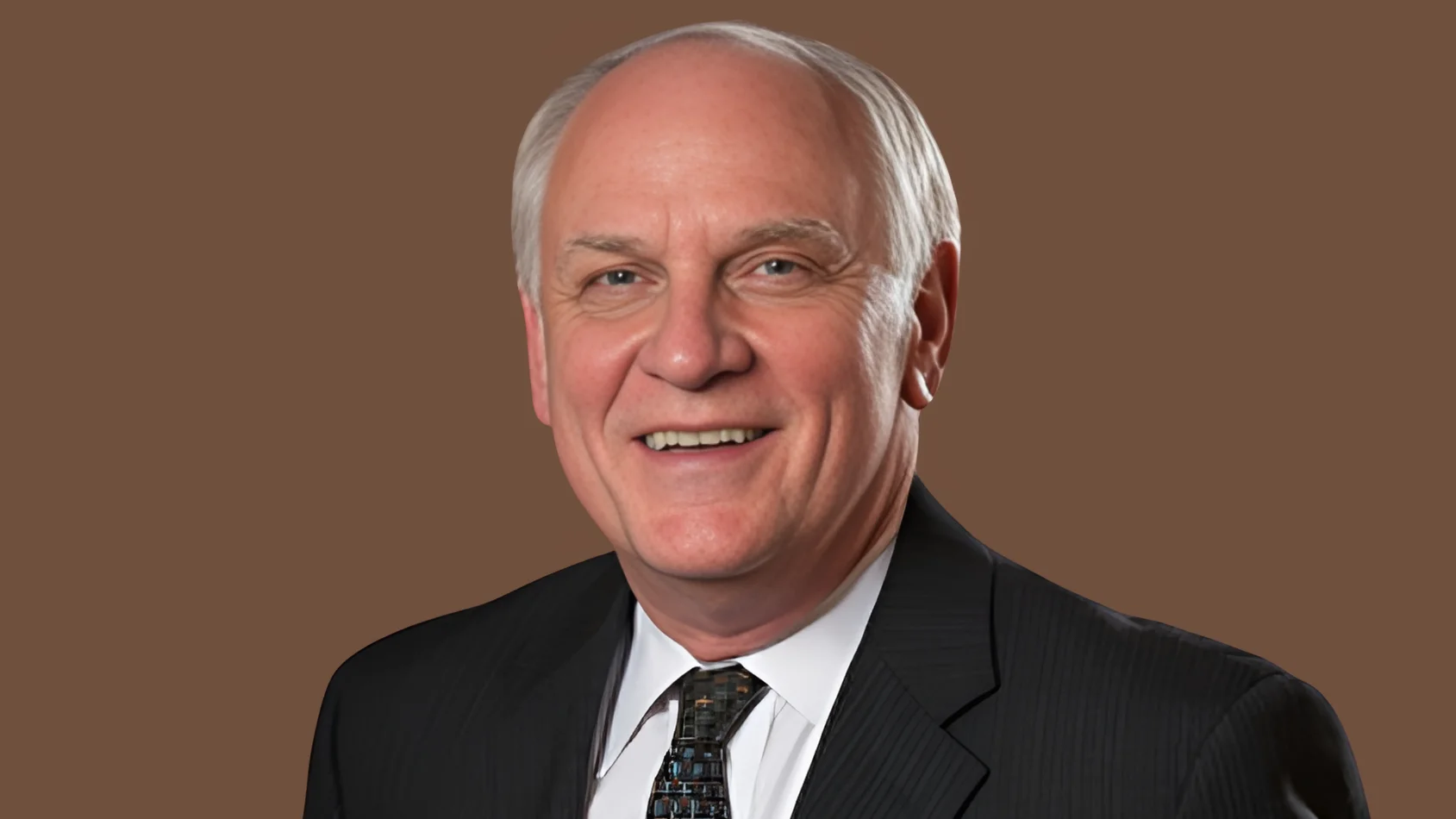The International Air Transport Association (IATA) has expressed concerns over the Global Solidarity Levy Task Force's (GSLTF) proposal to impose a premium flyer levy, citing potential negative impacts on the airline industry and broader economic consequences. The GSLTF estimates that such a levy could generate EUR 78 billion annually, which is approximately three times the global estimated profit of USD 32.4 billion for airlines in 2024.
Willie Walsh, IATA’s Director General, criticized the proposal, stating that it fails to consider the thin net profit margins of airlines and their significant commitments to sustainability. "The airline industry is an economic catalyst, not a cash cow," said Walsh. He emphasized that imposing additional taxes would hinder airlines' ability to invest in achieving net zero carbon emissions by 2050, an effort projected to cost USD 4.7 trillion.
IATA also highlighted the existence of CORSIA (Carbon Offsetting and Reduction Scheme for International Aviation), a globally agreed mechanism aimed at managing carbon emissions from international aviation. According to IATA, overlapping measures like the proposed levy could undermine CORSIA and lead to inefficiencies.
 Alerts Sign-up
Alerts Sign-up








